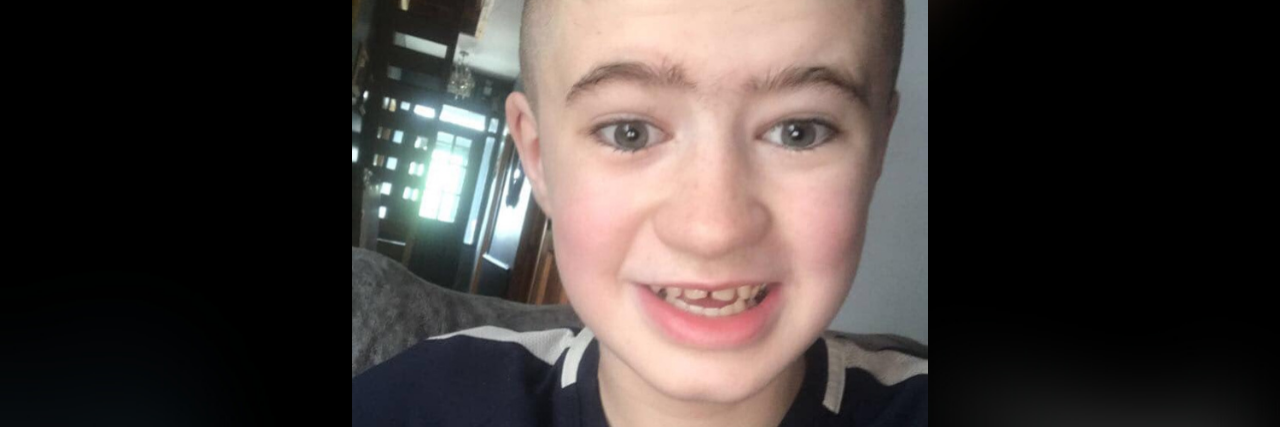My brother Dian recently turned 13, and that means he’s entering that stage of his life called puberty. Puberty has already hit Dian and I just can’t accept my little baby brother is growing up. He’s taller than me, he’s growing a mustache, and he’s putting deodorant on before he goes to school. Just like any person becoming a teen, he’s learning a whole new way of looking after himself.
I watch my brother and my dad teach him the ways of how to look after himself as he becomes a man, and as his older sister, I find it hard to stand back and not be involved. Since he came into my life, I’ve always wanted to protect him and teach him all that I know. Becoming a man is not something I can show him, and I’m realizing that he is becoming more and more independent every day. He must learn to care for himself, and it is something I am learning to accept.
Puberty for Dian is not just his physical changes. I see mental and sensory changes too. Lately, he’s become more repetitive in his speech, and is constantly looking for a release of tension in his body. Some days he gets fixated on repeating certain actions and other days he isn’t sure what he wants to do. I can see him trying to learn and adjust to the change his body is going through. Some days are tougher for him to do that than others.
Communicating to Dian about the change he’s going through is a new aspect for my family. We have found the best way of communicating it to him is by his older brother showing him that he’s experienced the same changes too. He shows Dian his mustache and beard, he shows him how to put on deodorant, and explains to him how important it is to keep your body clean. He admires his older brother and wants to be exactly like him, so it has helped us in preparing him for the changes he’s going through.
Puberty and autism is a new experience for families, and it is something we have to learn to adapt to. It will take time, trial and error, and most importantly, patience. Finding ways of demonstrating the change, supporting the change and encourage the change their bodies will go through is so important. Every child must become an adult, and that is the same for people with autism. As their family, it is our responsibility to hold their hand through that change and encourage the independence that comes with it.

